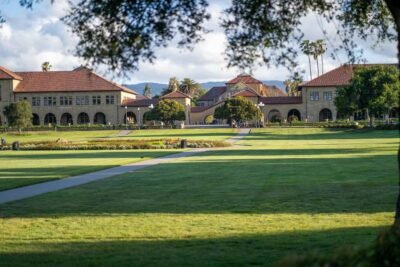
Theological Seminaries in Oklahoma
Oklahoma’s leading theological institutions for a life of service
Best Theological Seminaries in Oklahoma
Oklahoma’s theological seminaries are well-regarded for their commitment to academic excellence and spiritual formation.
With a variety of programs in theology, biblical studies, and ministry leadership, these institutions equip students with the tools needed for a successful career in pastoral ministry, missions, or theological teaching.
Oklahoma’s seminaries provide a supportive and faith-driven environment where students can develop their calling and prepare to serve their communities with grace and compassion.
Top Theological Seminaries in Oklahoma
Here are some of the top theological seminaries in Oklahoma:

Phillips Theological Seminary
Location: Tulsa, OK
Denomination: Christian Church (Disciples of Christ)
Notable for: Phillips Theological Seminary offers graduate-level theological education with a focus on ecumenism and social justice. Programs include the Master of Divinity (M.Div.), Master of Theological Studies (MTS), and Doctor of Ministry (D.Min.). The seminary is known for fostering critical thinking, inclusivity, and preparing students for leadership in diverse religious contexts. Phillips has a strong commitment to preparing ministers for public engagement, making it a leading seminary in the region.
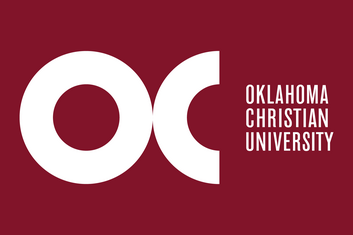
Oklahoma Christian University
Location: Edmond, OK
Denomination: Churches of Christ
Notable for: Oklahoma Christian University’s Graduate School of Theology offers degrees like the Master of Divinity (M.Div.), Master of Theological Studies (MTS), and a Master of Arts in Ministry. It is known for blending academic rigor with practical ministry skills, emphasizing biblical studies, theology, and Christian leadership. The seminary is highly regarded for its strong focus on serving the Churches of Christ community and fostering global missionary efforts.
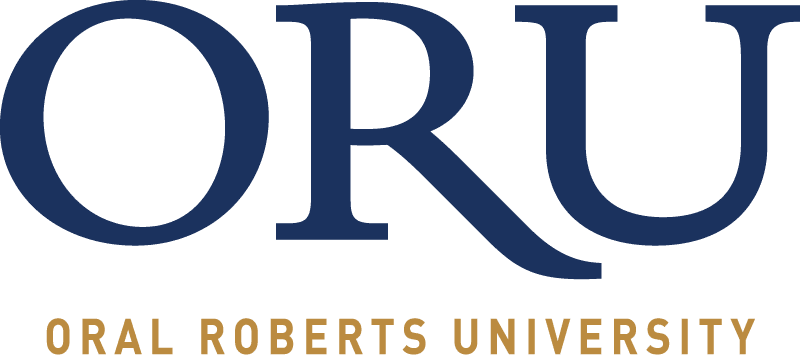
Oral Roberts University
Location: Tulsa, OK
Denomination: Interdenominational
Notable for: Oral Roberts University’s Graduate School of Theology and Ministry offers a range of degrees, including the Master of Divinity (M.Div.), Master of Arts in Practical Theology, and Doctor of Ministry (D.Min.). Known for its charismatic theology and focus on Spirit-empowered leadership, ORU integrates spiritual formation with academic excellence. The seminary is recognized for its global reach and commitment to equipping students for ministry in dynamic, multicultural contexts.
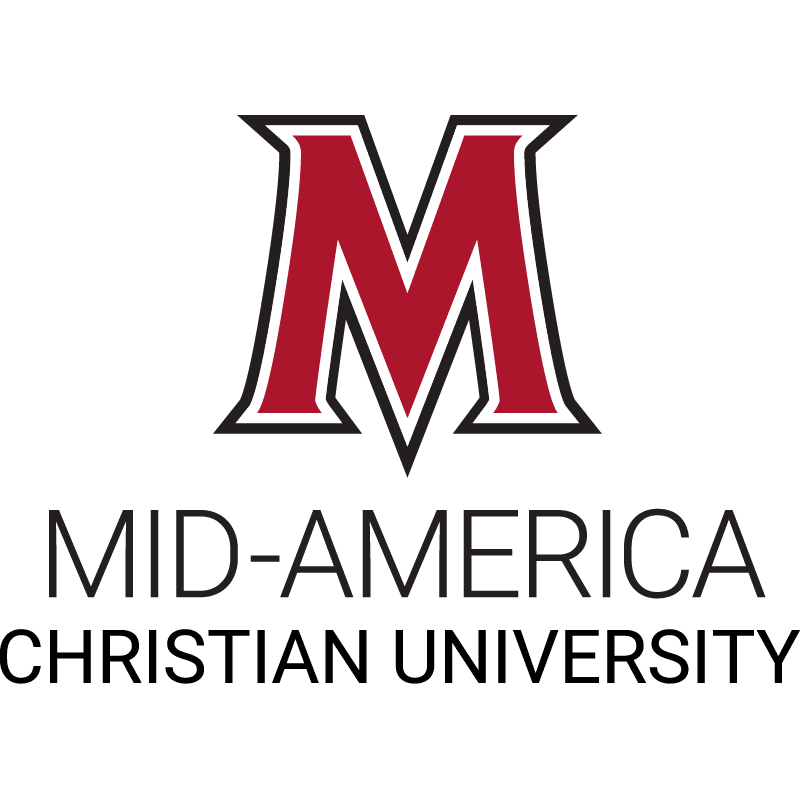
Mid-America Christian University
Location: Oklahoma City, OK
Denomination: Church of God
Notable for: Mid-America Christian University offers theological degrees such as the Master of Ministry and Leadership and a Master of Arts in Leadership with concentrations in ministry. The program is known for its focus on contemporary Christian leadership, practical ministry, and church administration. MACU integrates a strong evangelical focus with flexibility for adult learners and working professionals through online and hybrid course offerings.
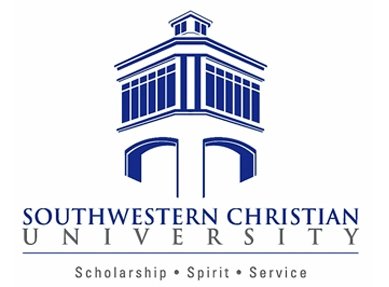
Southwestern Christian University
Location: Bethany, OK
Denomination: Pentecostal Holiness Church
Notable for: Southwestern Christian University’s Graduate School of Ministry offers the Master of Ministry and Leadership (M.Min.) degree, emphasizing Pentecostal theology, leadership development, and practical ministry. SCU is notable for its strong ties to the International Pentecostal Holiness Church and its commitment to producing Spirit-filled leaders for both local and global contexts. It is particularly known for its mission-oriented programs and focus on pastoral and lay leadership.
Why Choose a Seminary in Oklahoma?
Here are some key reasons why Oklahoma can be a compelling choice for seminary students:

Affordable Cost of Living
Oklahoma is home to seminaries representing various Christian traditions, including Evangelical, Pentecostal, and Disciples of Christ, among others.
Diverse Denominational Opportunities
Many seminaries have small student bodies, allowing for personalized mentorship, spiritual growth, and strong relationships between students and faculty.
Community and Networking
The seminary experience in Oklahoma provides students with access to a close-knit community of like-minded peers and faculty mentors.
(FAQs) About Theological Seminary in Oklahoma
Here are some Frequently Asked Questions (FAQs) about theological seminaries in Oklahoma:
Oklahoma seminaries offer a variety of degree programs, including:
Master of Divinity (M.Div.) – The most common degree for those pursuing ordained ministry.
Master of Theological Studies (MTS) – Focuses on academic theology and biblical studies.
Master of Arts in Ministry or Practical Theology – For those looking to specialize in areas like counseling, church leadership, or worship.
Doctor of Ministry (D.Min.) – An advanced degree aimed at clergy seeking to enhance their leadership and ministry skills.
Graduate Certificates – Shorter programs for those wanting focused theological education without committing to a full degree.
Yes, many Oklahoma seminaries offer online or hybrid degree programs. For example, schools like Phillips Theological Seminary and Mid-America Christian University offer flexible learning options, allowing students to take courses online, in-person, or through a combination of both. These programs are designed to accommodate working professionals and students who may not be able to relocate.
Seminaries in Oklahoma represent a variety of Christian denominations, including:
Disciples of Christ (Phillips Theological Seminary)
Churches of Christ (Oklahoma Christian University)
Pentecostal Holiness (Southwestern Christian University)
Interdenominational/Charismatic (Oral Roberts University) This diversity allows students from various Christian traditions to find a seminary aligned with their theological perspectives.
Costs vary depending on the school and program. Generally, tuition ranges from $400 to $800 per credit hour for master's-level courses. However, Oklahoma’s lower cost of living can make attending seminary here more affordable than in other states. Additionally, many seminaries offer scholarships, grants, and work-study programs to help reduce the financial burden.
Yes, most seminaries in Oklahoma offer financial aid, including scholarships, grants, and student loans. Some seminaries, like Phillips Theological Seminary, provide merit-based and need-based scholarships. Many seminaries also have partnerships with churches and denominational organizations that help fund students’ theological education.
Master of Divinity (M.Div.): Typically takes 3 to 4 years to complete full-time.
Master of Theological Studies (MTS): Generally 2 years.
Doctor of Ministry (D.Min.): Takes about 3 to 5 years, depending on the student's pace and research project. Some seminaries offer part-time and accelerated programs, allowing for greater flexibility.
While requirements vary by institution, most seminaries require:
A bachelor’s degree from an accredited institution.
Letters of recommendation (often from church leaders).
A personal statement or essay outlining your sense of calling and goals for theological education.
Transcripts from previous academic institutions.
Some schools may also require an interview with admissions staff or faculty.
Graduates from Oklahoma seminaries pursue a variety of ministry and theological careers, including:
Pastoral roles (senior pastor, youth pastor, associate pastor)
Chaplaincy (in hospitals, military, prisons)
Missionary work (local and global)
Christian education (teaching at colleges or seminaries)
Nonprofit leadership (in faith-based organizations) Some may also pursue academic careers in theological research or teaching.
Yes, practical ministry experience is a core part of most seminary programs in Oklahoma. Many seminaries incorporate internships, field education, and church placements into their programs, allowing students to gain hands-on ministry experience while they study. This ensures that graduates are prepared for the challenges of real-world ministry.
Yes, many seminaries in Oklahoma recognize the growing trend of bivocational ministry, where pastors and ministry leaders also have another career. Schools like Mid-America Christian University offer flexible programs that allow students to balance work, study, and ministry responsibilities. Online and hybrid formats are also designed to support students in non-traditional ministry roles.
Class sizes at Oklahoma seminaries tend to be smaller, offering a more personalized and intimate learning environment. Students benefit from close mentorship with faculty and build strong connections with their peers. Smaller class sizes also allow for more in-depth discussions and individualized feedback.
